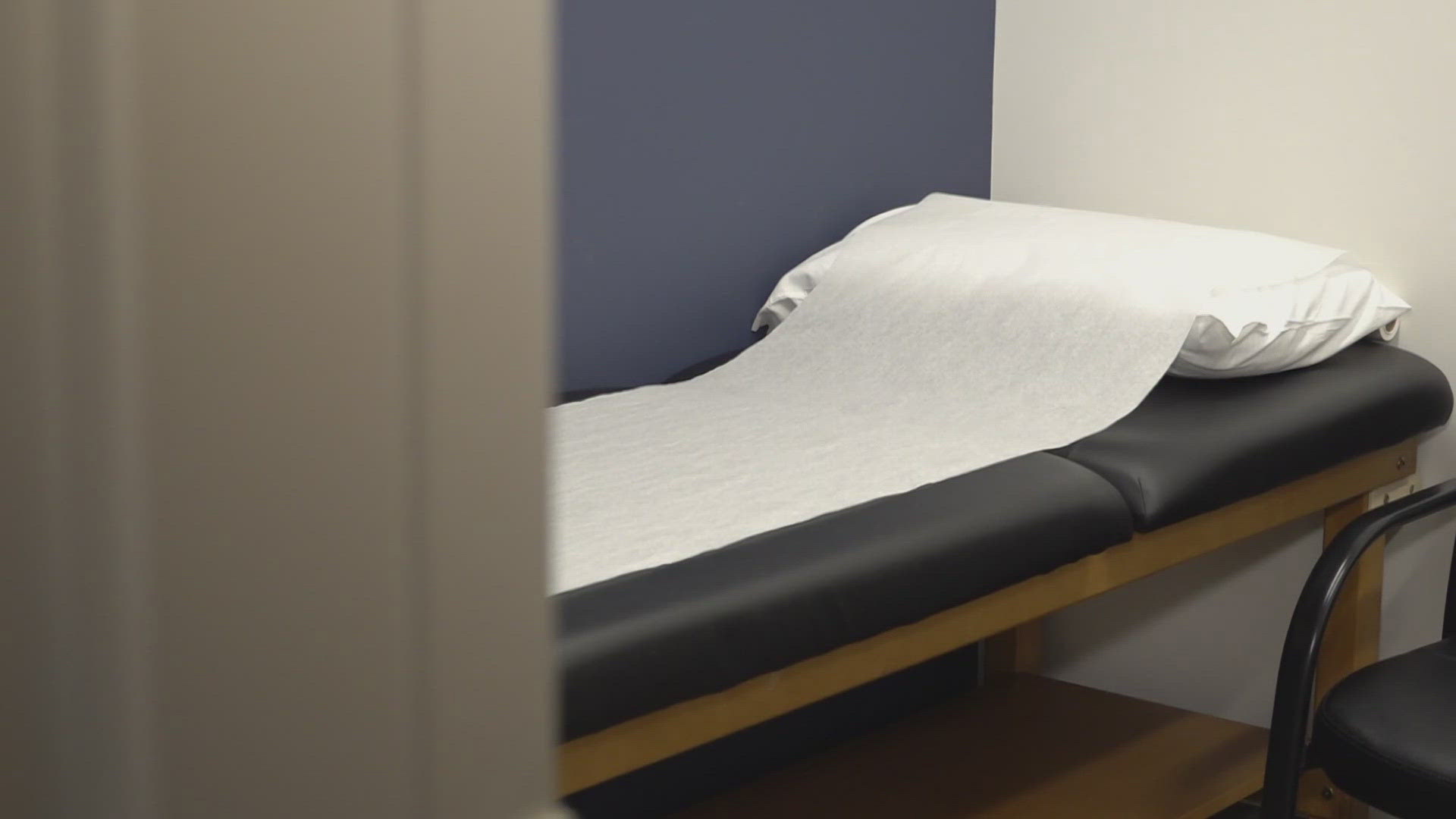KNOXVILLE, Tenn. — Doctors are starting to rethink pain treatments, hoping to find new ways to help people without prescribing opioids. A former NFL player is hoping to lead as an example of how effective alternative pain treatments can be.
Larry Rubens played for the Chicago Bears in 1986 and 1987. He later suffered a severe knee injury that ended his football career.
"I had three knee surgeries. This is through my career — I ended up having an elbow surgery eventually, and then a lower back surgery," he said.
The surgeries and damage to his body were only the beginning. He eventually developed neuropathy, a condition that usually stems from nerve damage. It causes a painful, pins-and-needles sensation.
"I was having electrical shocks on my brain, burning skin all over," said Rubens.
He went to several doctors searching for a treatment, but he said each one gave him the same recommendation — to take prescription pain pills. He said high-dosage pain pills only led to his body's condition getting worse.
"He had been on a lot of opioids, and he wasn't getting the kind of pain relief that he really needed," said Dr. James Choo, a doctor at Pain Consultants of East Tennessee. "At that time, it was a good time to pivot."
Choo recommended Rubens get a type of spinal cord stimulation treatment and added a pacemaker to his spine in order to relieve some of his pain. It's just one of the ways he said the medical field is changing — prescribing fewer pain pills and leading of technological advancements instead.
"There's been a paradigm shift in how we treat pain," he said. "Now, we see a general reluctance for most physicians to write these opioids anymore."
The Knox County District Attorney's Office said so far this year, there have been 129 suspected overdose deaths.
Recently, Tennessee lawmakers also passed a law that limits the number of prescriptions doctors can sign off on for pain pills. It also implemented tougher requirements for a person to be eligible for opioid prescriptions.
"Couldn't have happened at a better time, when there's so much scrutiny with opioids, to begin with," said Choo.

